Get the latest international news and world events from around the world.
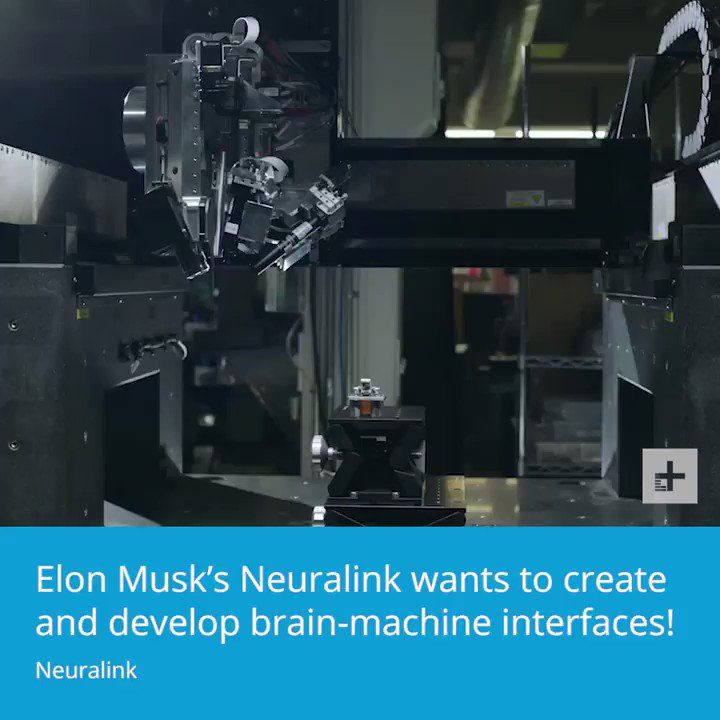
ElonMusk’s Neuralink wants to create and develop brain-machine interfaces
.@ElonMusk’s Neuralink wants to create and develop brain-machine interfaces.
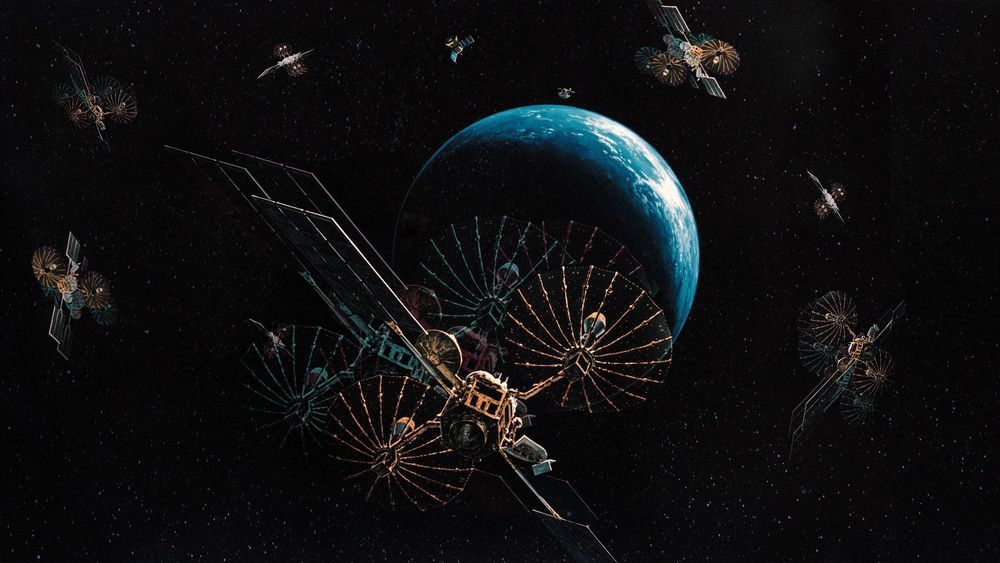
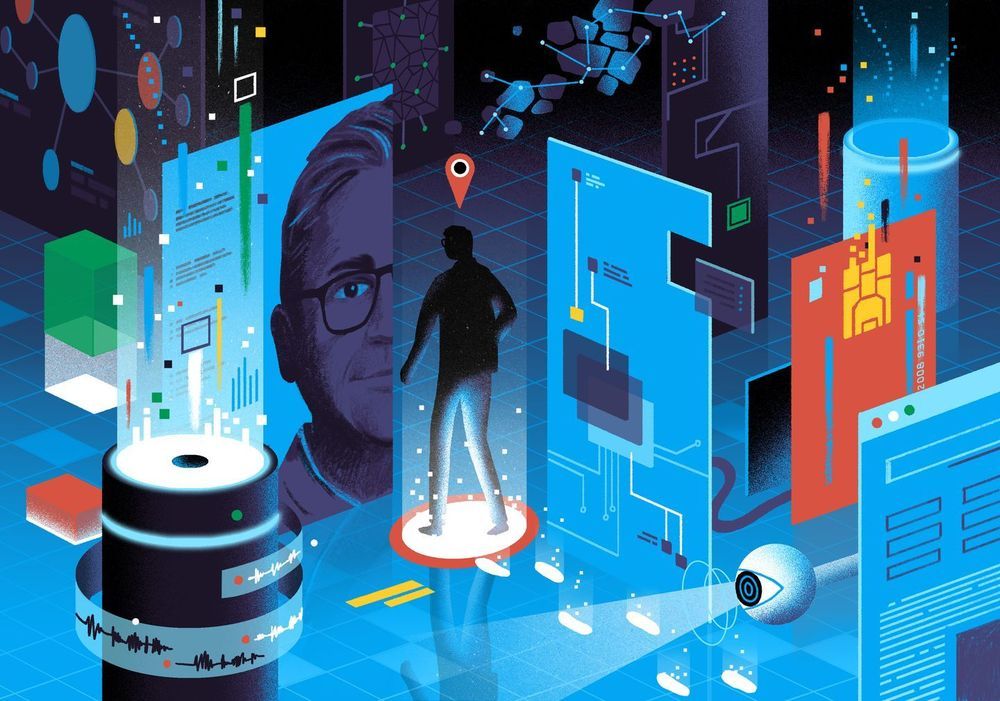
How we survive the surveillance apocalypse
But no, privacy isn’t dead. A path to reclaiming it — fuzzy and almost too late — is starting to emerge. We just have to be angry enough to demand it.
Trying to get straight answers has been, literally, a full-time job. I’ve digested the legal word salad of privacy policies, interrogated a hundred companies and even hacked into a car dashboard to grab my data back. There are lots of stories about online threats, but it feels different watching your personal information streaming out of devices you take for granted. This year I learned there is no such thing as “incognito.” Just stepping out for an errand, I discovered, lets my car record where I shop, what I listen to and even how much I weigh.
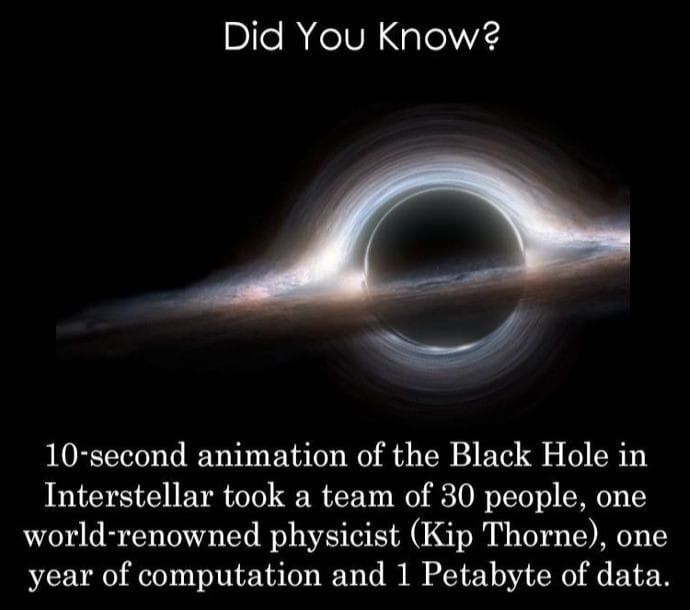
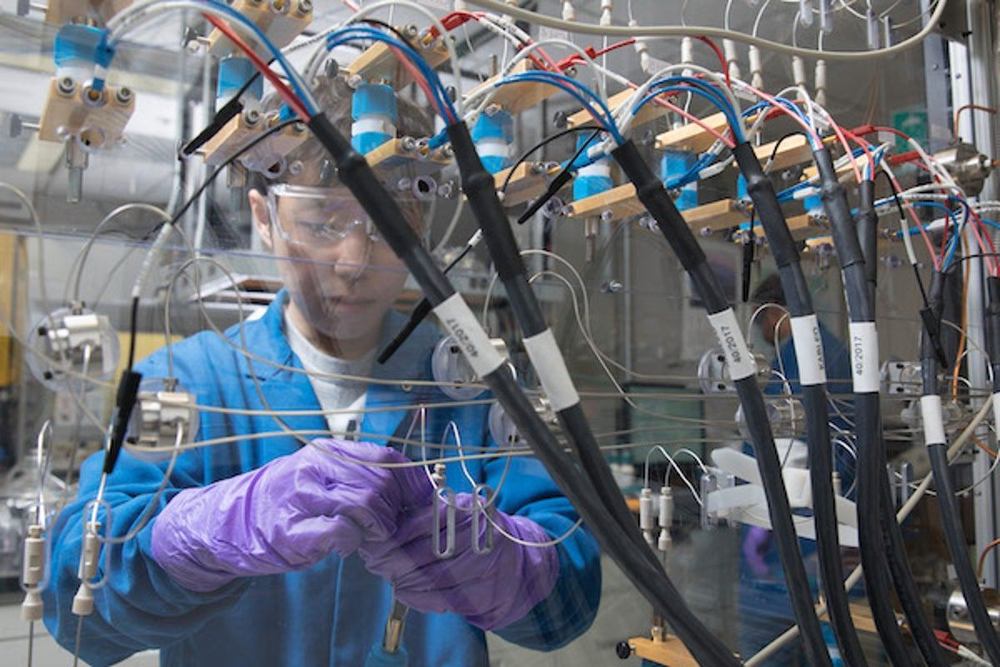
IBM’s Lithium-Ion Battery Uses Seawater Materials Instead Of Heavy Metals, Charges In Just 5 Minutes
IBM found a way to make a battery with materials from seawater instead of cobalt or nickel which are harmful to the environment, and it charges much faster.
Lithium-ion batteries are just as important as solar panels and wind turbines in our pursuit of sustainable energy. The use of lithium-ion technology is sustainable, however, its materials are not. When the battery has served its purpose, if it’s not disposed of correctly, it has a profoundly negative impact on the planet. Furthermore, the making of the batteries involves sourcing of heavy metals that are expensive and come at a substantial humanitarian and environmental cost.
In search of a better option, IBM found a way to make a battery that relies on materials from seawater instead. Testing revealed that the new battery is just as good as the one made with heavy metals, such as cobalt and nickel.
In retaliation to the unethical practice of how heavy metals are attained, as well as the damage these metals cause when they leak out into the environment, companies like IBM have taken a considerable interest in developing alternatives that don’t require the use of heavy metals.
Thanks Boomer? Bitcoin-Friendly Generations to Inherit $70 Trillion
Data from Coinshares underscores the wealth from days gone by which will ultimately fall into the hands of those who are sympathetic to Bitcoin as sound money.
Those who consider Bitcoin sound money will benefit from Baby Boomers to the tune of three times of U.S. GDP.